Publications
Articles, publications, books, tools and multimedia features from the U.S. Institute of Peace provide the latest news, analysis, research findings, practitioner guides and reports, all related to the conflict zones and issues that are at the center of the Institute’s work to prevent and reduce violent conflict.
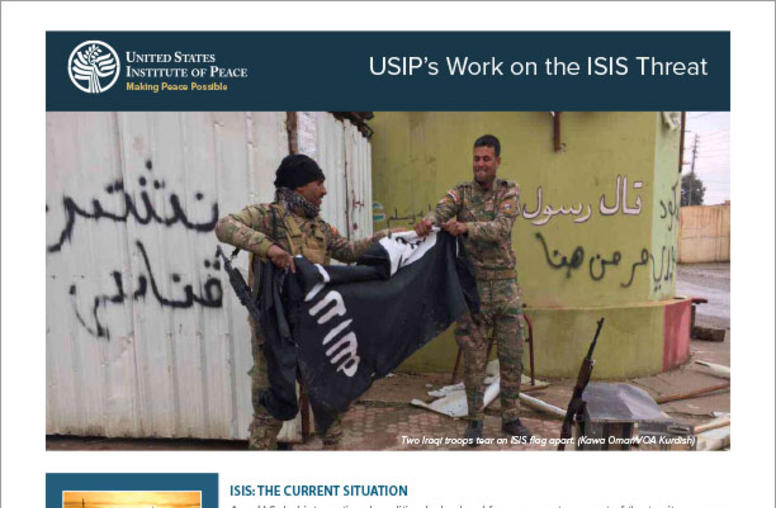
USIP’s Work on the ISIS Threat
The U.S. Institute of Peace has operated on the ground in Iraq since 2003 and in Afghanistan since 2002, as well as in Libya, Nigeria, Syria, Tunisia, and Yemen. As a small, agile institution, USIP works with local leaders and the U.S. government, including the military, to stabilize areas devastated by ISIS, end cycles of revenge, and address the root causes of radicalization, including corrupt and abusive governance.
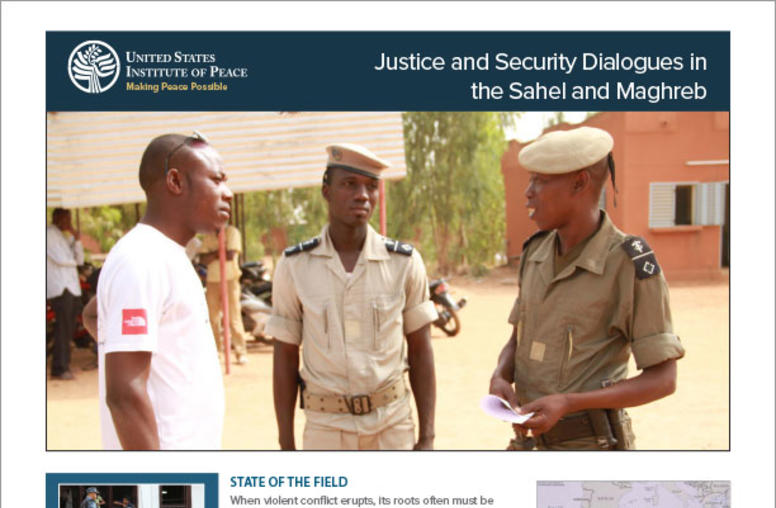
Justice and Security Dialogues in the Sahel and Maghreb
When violent conflict erupts, its roots often must be found and healed at the community level. Amid such turmoil, however, government officials, police, and community leaders are likely to mistrust each other—a breakdown in relations that opens space for security threats, including violent extremism and organized crime.
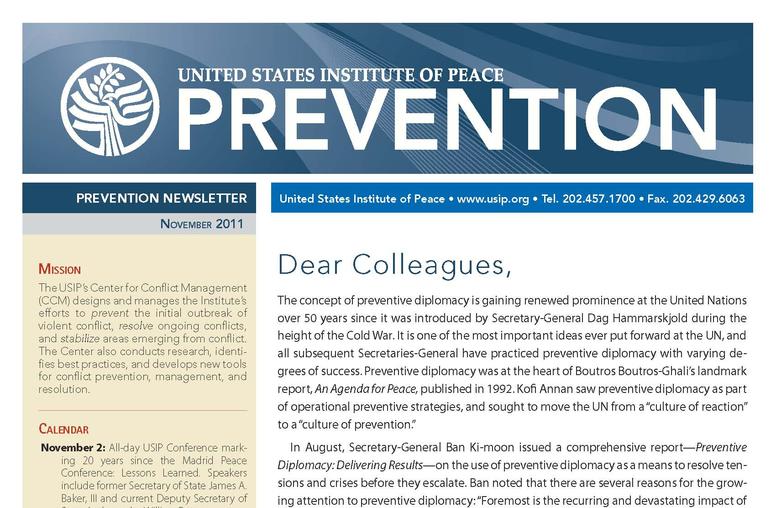
USIP Prevention Newsletter - November 2011
The November 2011 Prevention Newsletter features a spotlight on the Palestinian Quest for Statehood: On September 23, Palestinian President Mahmoud Abbas submitted an application to admit Palestine as a full-state member of the United Nations. The Palestinian and Israeli leaders should capitalize on their recent boosts in domestic popularity to pursue serious progress towards peace.
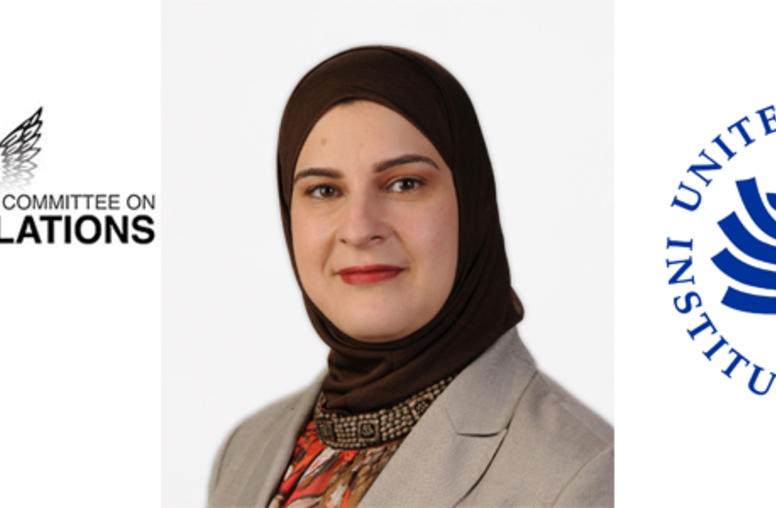
Women and the Arab Spring
Manal Omar, director of Iran, Iraq and North Africa programs at the U.S. Institute of Peace, testified before the Senate Foreign Relations committee on November 2, 2011, on the role of women in the Arab Spring, and more specifically, their role in Libya.
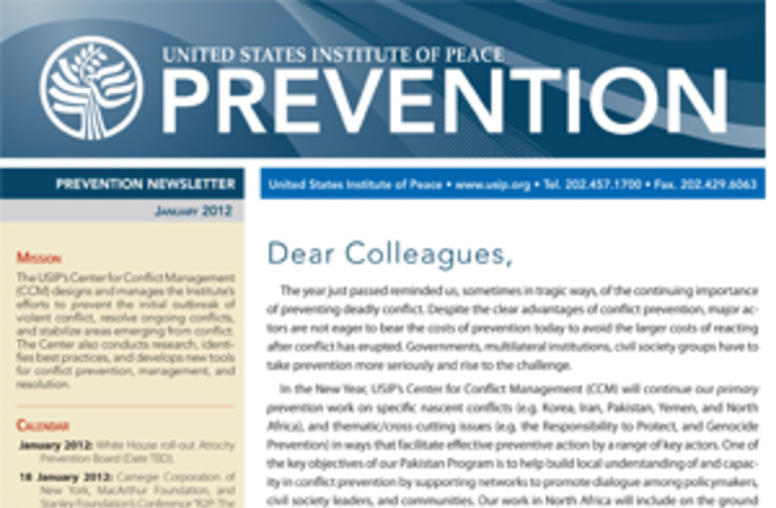
USIP Prevention Newsletter - January 2012
The January 2012 Prevention Newsletter features a spotlight on U.S.-Iran relations: Iran seems to be on a collision course with the international community. The U.S. and its allies have to find a way to respond effectively to Iran, without feeding the very forces seeking conflict with the West.
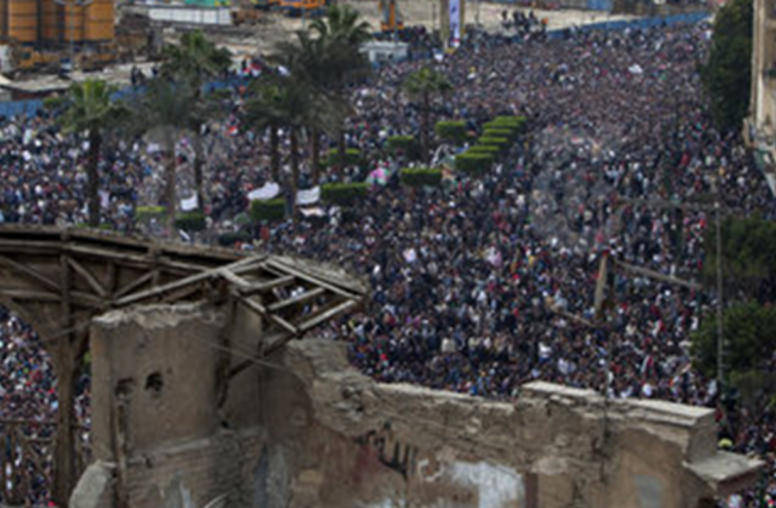
The Arab Awakening
As the dramatic events of the Arab Spring turn to the more mundane yet vital work of governance, constitution writing and peacebuilding, USIP is on the ground, bringing its unique brand of action and expertise to the effort.
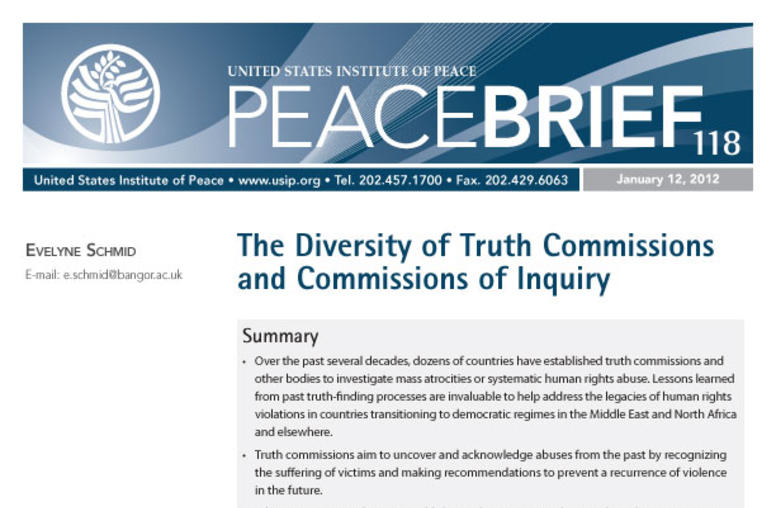
The Diversity of Truth Commissions and Commissions of Inquiry
Over the past several decades, dozens of countries have established truth commissions and other bodies to investigate mass atrocities or systematic human rights abuse. Lessons learned from past truth-finding processes are invaluable to help address the legacies of human rights violations in countries transitioning to democratic regimes in the Middle East and North Africa and elsewhere.
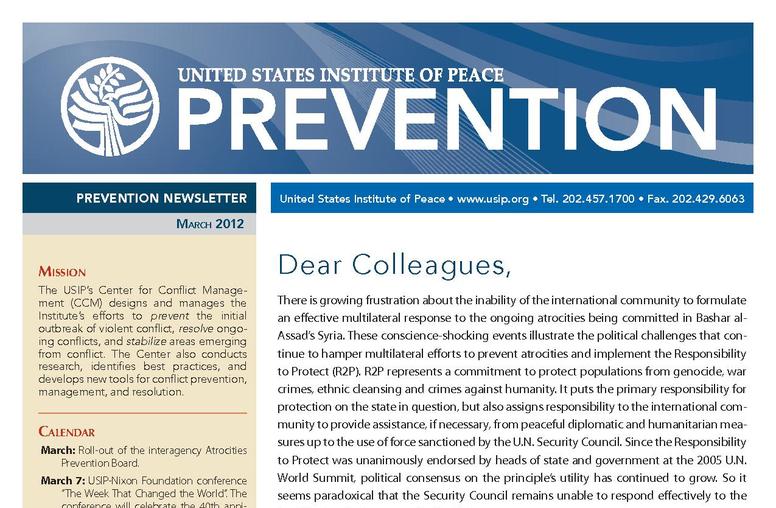
USIP Prevention Newsletter - March 2012
The March 2012 Prevention Newsletter features a spotlight on U.S.-Pakistan Relations: The year 2011 saw a progressive deterioration in the U.S.-Pakistan relationship. But despite the fact that mutual mistrust is probably at an all time high, there is no appetite to allow the relationship to rupture.
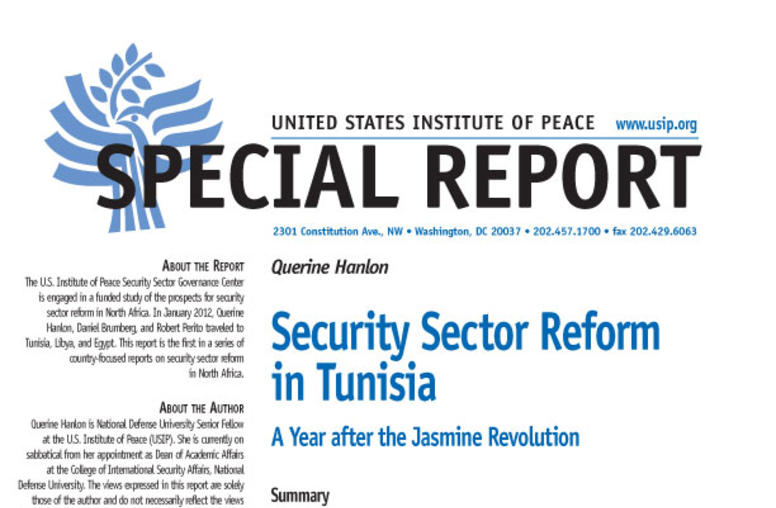
Security Sector Reform in Tunisia
The long-term success of Tunisia’s new democracy hinges on efforts to reform its security sector. Most in need of reform are the police, gendarme, and interior ministry.

The Islamists Are Coming (Book)
The Islamists Are Coming is the first book to survey the rise of Islamist groups in the wake of the Arab Spring. In this book, Robin Wright offers an overview and 10 experts identify Islamists in Algeria, Egypt (two), Jordan, Lebanon, Libya, Morocco, the Palestinian territories, Syria, and Tunisia. Each chapter is designed to help both a general audience and specialists.